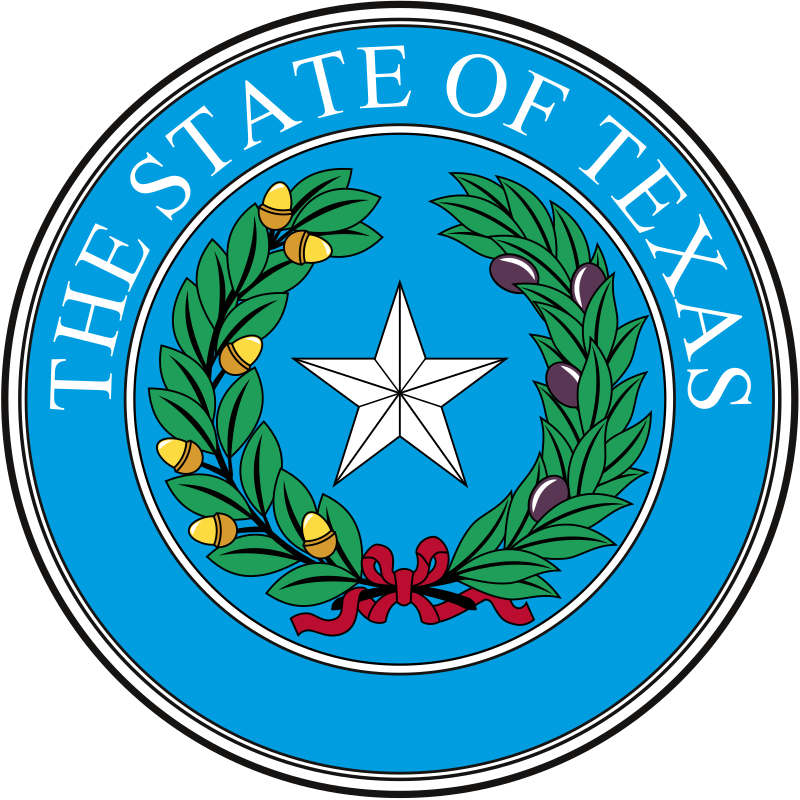A US appeals court ruled that the Federal Communications Commission’s Universal Service Fund is unconstitutional, finding Universal Service fees on phone bills to be a “misbegotten tax.” If not overturned, the ruling would upend the $8 billion-a-year system that is used to expand telecom networks and make access more affordable through programs such as Lifeline discounts and deployment grants for Internet service providers.
But the FCC program could survive in the end as the case appears ripe for Supreme Court review, with yesterday’s ruling creating a circuit split. The ruling against the FCC was issued by the US Court of Appeals for the 5th Circuit, which is generally considered one of the most conservative appeals courts.
The FCC previously prevailed in the 6th and 11th circuit appeals courts, which both rejected claims that the Universal Service Fund is unconstitutional. All three cases against the FCC were filed by Consumers’ Research, a nonprofit that fights “woke corporations,” and a mobile virtual network operator called Cause Based Commerce, which offers wireless service to “values-based consumers who want alternatives to the many companies and providers that support causes and positions contrary to their beliefs.”
Everyone’s favorite, Texas-based, Conservative rubber stamp strikes again. This may be a federal court, but don’t forget that these people represent Texas every time they issue a bad ruling.


